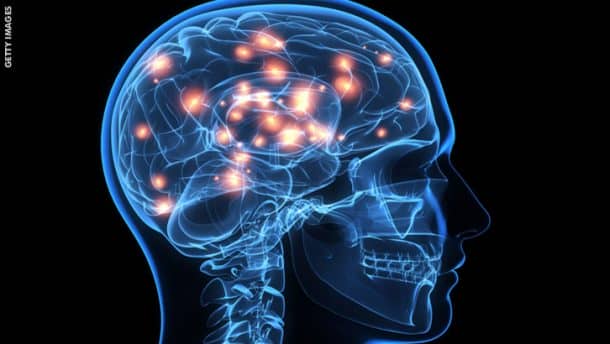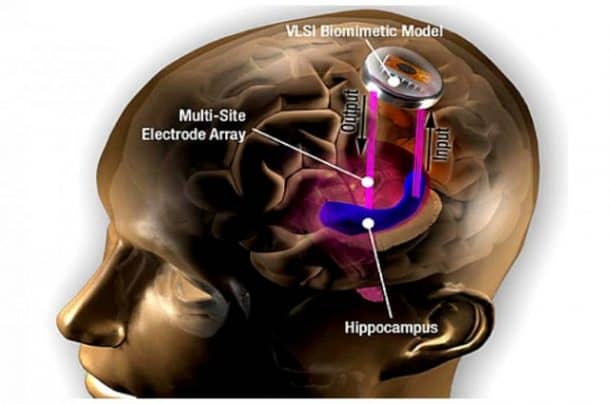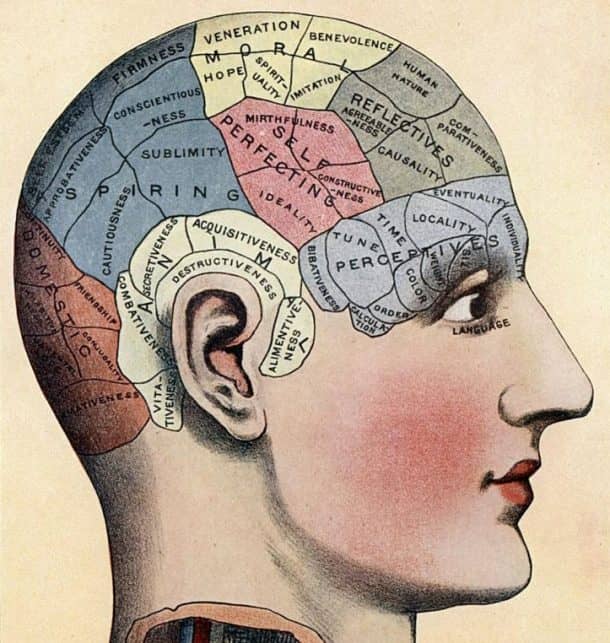The biggest goal in neurotechnology in the recent years has been to unlock the human brain. A team of researchers has created a brain implant to improve the cognitive function and the research has come closer to the point where these technological advancements will be made available to the public as well. They have created a pacemaker for the brain that sends electrical pulses when it is struggling to store new information. However, the pacemaker technology doesn’t work if it notices that the brain is functioning normally.
This tech is different from other brain innovations which continue to function instead of contributing to the brain’s electrical impulses. The technique is called deep-brain stimulation. The findings of this experiment were reported in the recent edition of Nature Communications. Bradley Voytek from the University of California, San Diego said, “The exciting thing about this is that, if it can be replicated and extended, then we can use the same method to figure out what features of brain activity predict good performance.” The implant’s funds are from the Department of Defence and exceed $70 million. They will be used to treat the soldiers who suffered traumatic brain injuries.

Michael Kahana, a psychology professor at the University of Pennsylvania said, “It’s one thing to go back through your data and find that the stimulation works. It’s another to have the program run on its own and watch it work in real time. Now that the technology is out of the box, all sorts of neuro-modulation algorithms could be used in this way.” Apart from boosting the memory of 25 people under treatment. The implants also assisted with the epilepsy of the patients.
The tech has arrived soon after the Ohio State University Wexner Medical Center released information that they have developed a separate brain pacemaker. This pacemaker targets Alzheimer’s disease. According to the study published in the Journal of Alzheimer’s Disease, “We have many memory aids, tools and pharmaceutical treatments to help Alzheimer’s patients with memory, but we don’t have anything to help with improving their judgments, making good decisions, or increasing their ability to selectively focus attention on the task at hand and avoid distractions. These skills are necessary for performing daily tasks such as making the bed, choosing what to eat and having meaningful socializing with friends and family.”

In the recent studies, the Ohio State team studied the effects of the implant on the frontal lobes to stimulate the region of the brain which was responsible for problem-solving, organizing and good judgment. Dr. Douglas Scharre said, “By stimulating this region of the brain, the Alzheimer’s subjects cognitive and daily functional abilities as a whole declined more slowly than Alzheimer’s patients in a matched comparison group not being treated with DBS.”

The OSU treatment was also tested through the patient trials. An 85-year-old woman named LaVonne Moore from Delaware, Ohio has regained her memory thanks to the technology. She was a patient of severe Alzheimer’s disease. The research teams from both the institutes said that their technology can greatly improve the living conditions of people who are suffering from any kind of neurological issue. Check out the video below for more information:


